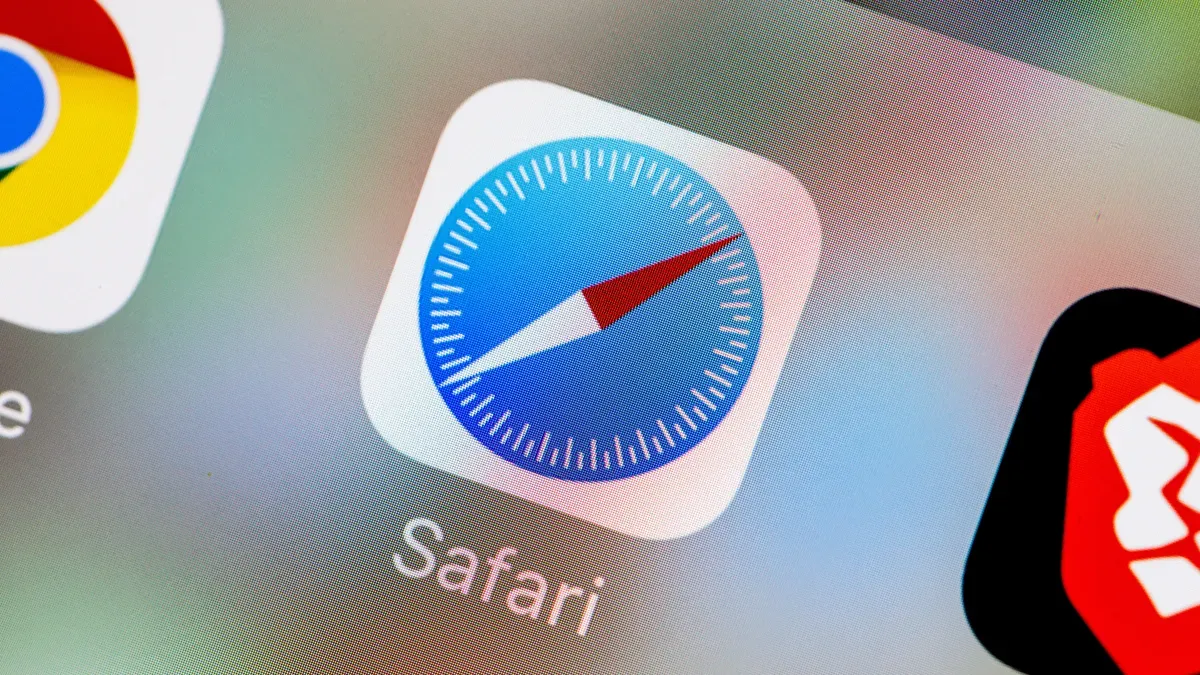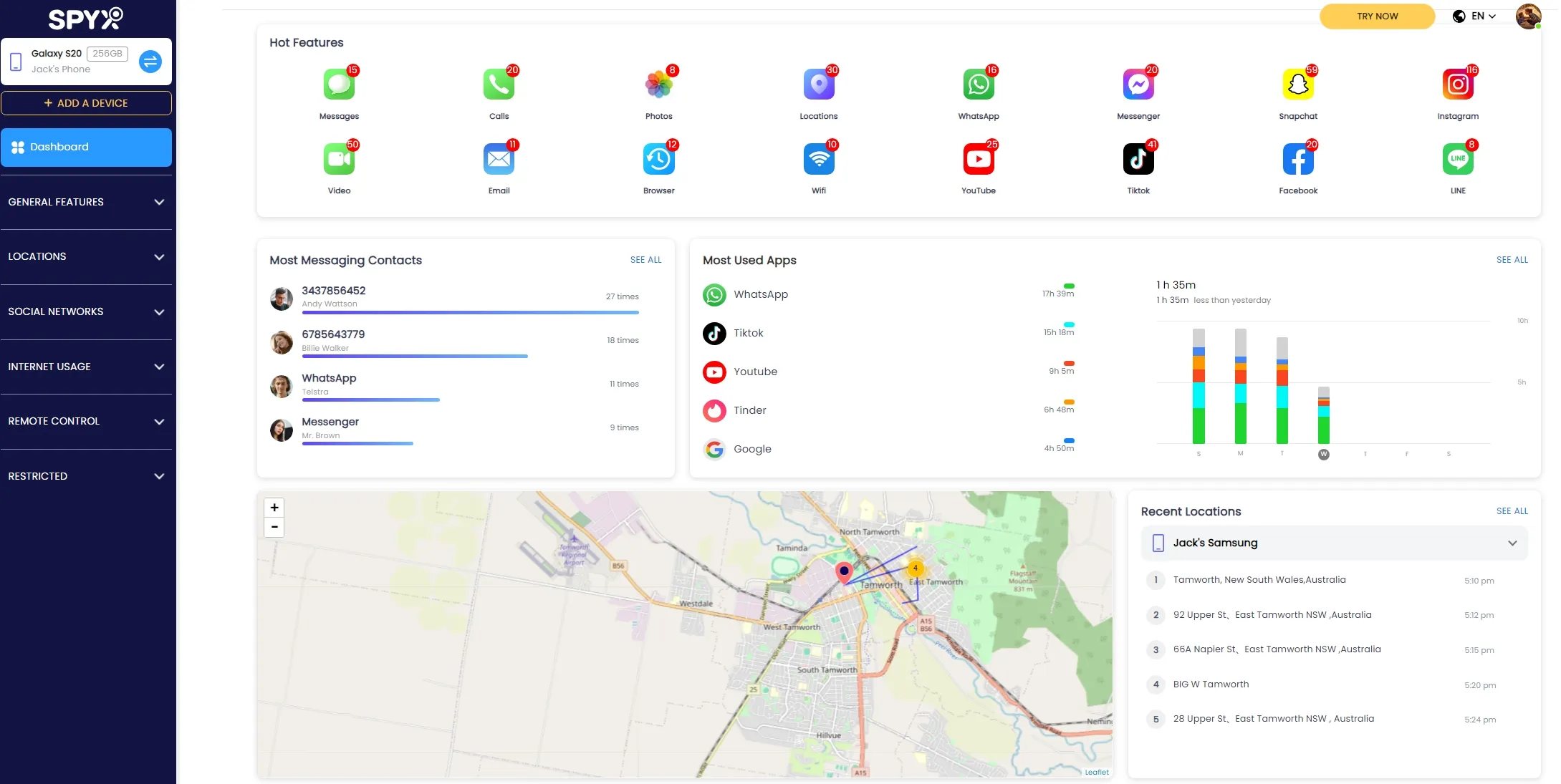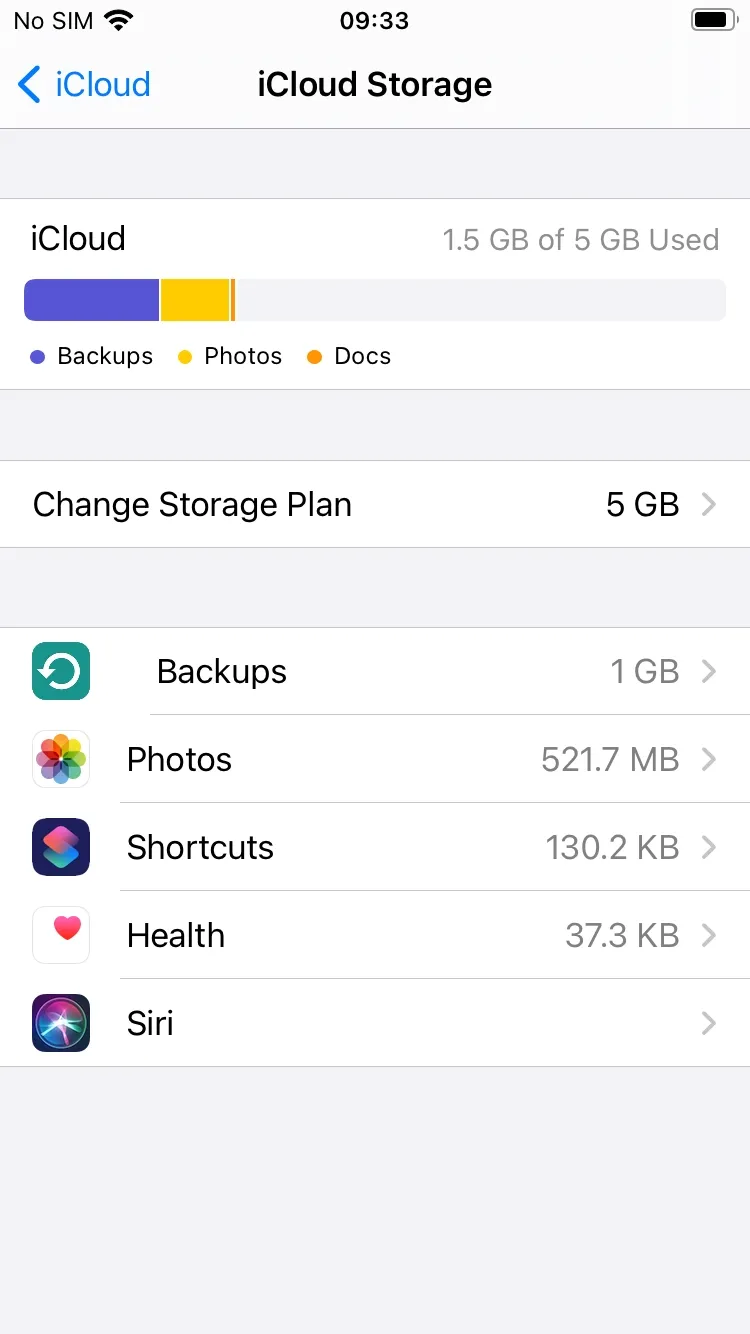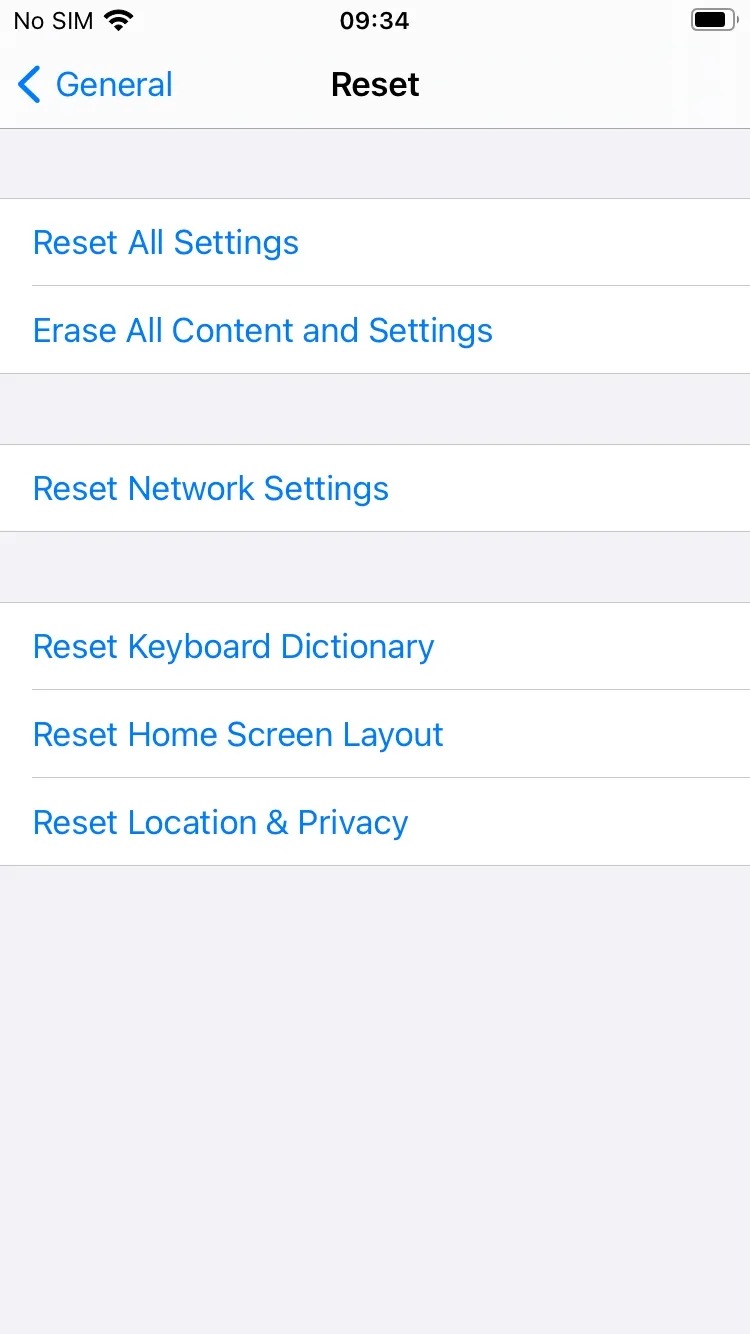How to Recover Deleted History on iPhone (2025 Updated)

Last updated:2月 14, 2025
Table of content
Safari is the default browser on all iOS devices, like iPhones and iPads, and it automatically keeps track of your web history to make your browsing experience smoother. But, sometimes, we end up accidentally deleting that history.
So, how can you view deleted web history on your iPhone? Can it even be recovered? If you’re scratching your head right now, don’t worry! In this article, we’ll explore six simple ways to recover that lost history and answer all your burning questions. Stick around, we’ve got the answers you need!

Is Deleted Browser History Gone Forever on iPhone?
So, you’ve deleted your browser history on your iPhone and now you’re wondering if it’s gone for good? The short answer is: no, it's not necessarily gone forever. Even if it feels like the history is wiped, there are still ways to recover it. Whether it’s via backups, third-party data recovery tools, or syncing across Apple devices, there’s a chance you can get it back. Curious how? Let’s dive in and explore your options for recovering deleted Safari history.
How to See Deleted Browser History on iPhone [3 Effective Methods]
Whether or not you have a backup, there are ways to recover Safari history on your iPhone. If you’ve backed up your iPhone to iCloud or iTunes, you can restore from those backups. Don’t have a backup? No worries! There are third-party recovery tools that can scan your device and recover deleted history even if you haven’t saved anything. Let’s dive into both options and see how you can get your history back.
Method 1. Recover Safari History from iPhone Settings
If you’ve been backing up your iPhone with iCloud or iTunes, you might be able to recover your deleted Safari history by restoring a backup. This method is simple, as you can check which backups are available directly from the iPhone settings. However, it doesn’t involve a full restore—you’re just checking for a backup that was made before the history was deleted. If you find one, you can restore it, but be aware that this will replace your current data.
Steps:
1. Open Settings on your iPhone.
2. Tap on your name in the Apple ID section.
4. Browse through your backups to find one that was made before you cleared your browsing history.
5. If you find a backup, restore it. Just be aware that this will replace your current data, so make sure to back up anything important first.
This is a simple method that can work if you’ve got iCloud backups set up. It’s like going back in time, but be mindful of the potential data loss with a full restore.
Method 2. Recover Safari History from iPhone Backup (iCloud & iTunes)
Restoring from a backup is one of the most reliable ways to get your deleted Safari history back—but there's a catch: it requires restoring your entire device. This means that any new data added since the backup was made will be overwritten. While effective, this method is more involved because you’ll have to erase all your current data in order to restore the backup.
iCloud Method:
1. Open Settings on your iPhone.
2. Go to General > Reset, then tap Erase All Content and Settings.
3. Once the iPhone restarts, choose Restore from iCloud Backup.
4. Sign in to your iCloud account and select a backup that was created before you deleted your Safari history.
5. Tap Restore, and your iPhone will be restored to that backup, including your Safari history.
iTunes Method:
1. Connect your iPhone to your computer and open iTunes (or Finder if you're on macOS Catalina or later).
2. Click on your device's icon in iTunes/Finder.
3. Select Restore Backup and choose a backup that includes your deleted Safari history.
4. Wait for the restore to finish. Once done, your Safari history should be recovered.
These methods will get you back to a time before you hit the "clear history" button. Just remember, if you’re restoring an old backup, any new stuff on your phone will be replaced, so it’s important to back it up first.
💡Important Considerations:
Data Overwrite: Restoring from a backup will replace all the data on your iPhone with the data from the selected backup. This means any new data since that backup (like photos, messages, or app data) could be lost. So, back up your current data before proceeding to avoid any data loss.
Backup Timing: Make sure the backup you’re restoring from was made before you deleted your Safari history. If the backup was made after, the deleted history will not be included.
Method 3. Recover Safari History Without Any Backup
So what if you didn’t have the foresight to back up your iPhone, and now you’re left with no history and no backup? Don’t panic just yet. There are third-party apps designed to recover deleted data from your iPhone, including Safari history. These apps dig through your iPhone’s storage and recover files even if they’ve been deleted.
Some of the most popular tools for this include Dr.Fone, iMobie PhoneRescue, and Tenorshare UltData. These apps aren’t foolproof, but they’re worth a shot if you're in a pinch.
Here’s how they work:
1. Download and install the recovery tool of your choice (like Dr.Fone or PhoneRescue) on your computer.
2. Connect your iPhone to the computer via USB.
3. Run the software and select Recover from iOS Device or similar option.
4. The tool will scan your iPhone for deleted data, including Safari history, and give you the option to recover it.
While not guaranteed to recover everything, these tools can help you get back deleted data—without needing a backup.
SpyX: Helping Parents Monitor Deleted History and More
Now, let’s talk about a tool that can help you not just recover deleted history but also monitor it continuously—SpyX. If you’re a parent worried about what your child might be browsing on their iPhone, SpyX is an excellent option for real-time monitoring.

How SpyX Helps
● Monitor Browsing History: SpyX can track all the websites your child visits in real-time, including any history that might have been deleted. It doesn’t just recover deleted data—it lets you stay on top of their online activity as it happens.
● Keyword Alerts: SpyX sends immediate alerts if specific keywords tied to inappropriate content are searched. This gives you a heads-up to intervene quickly, preventing your child from accidentally stumbling upon harmful material, even if they clear their history.
● App Usage Management: With SpyX, you can manage and control the apps your child uses. You can block or limit access to any apps that might expose them to unsuitable content, ensuring they’re only using safe, age-appropriate tools.
● Screen Time Control: Set daily screen time limits with SpyX to help your child develop balanced digital habits. You can schedule breaks and ensure they’re not spending too much time on their devices, reducing exposure to excessive browsing or inappropriate content.
● Location Tracking: SpyX offers real-time GPS tracking, helping you monitor your child’s whereabouts. If you're concerned about their physical safety, this feature ensures you know where they are, adding an extra layer of security beyond just their online activities.
In a nutshell, SpyX is great for ongoing monitoring of your child’s online activity. While recovering deleted history is a one-time action, SpyX allows you to actively prevent future issues by giving you full visibility into your child’s phone activity. So, if you’re worried about deleted browsing history, SpyX can give you the peace of mind you need to monitor all web activity, even after it’s been erased from the device.
Wrapping Up
Recovering deleted Safari history on your iPhone isn’t impossible, even if you didn’t back up. Whether through iCloud, iTunes, or third-party apps, you have options. But for ongoing monitoring and peace of mind, tools like SpyX provide real-time tracking, alerts, and control over your child’s device. If you want to stay on top of your child’s browsing, SpyX is an invaluable resource for both recovery and prevention.
More Articles Like This

